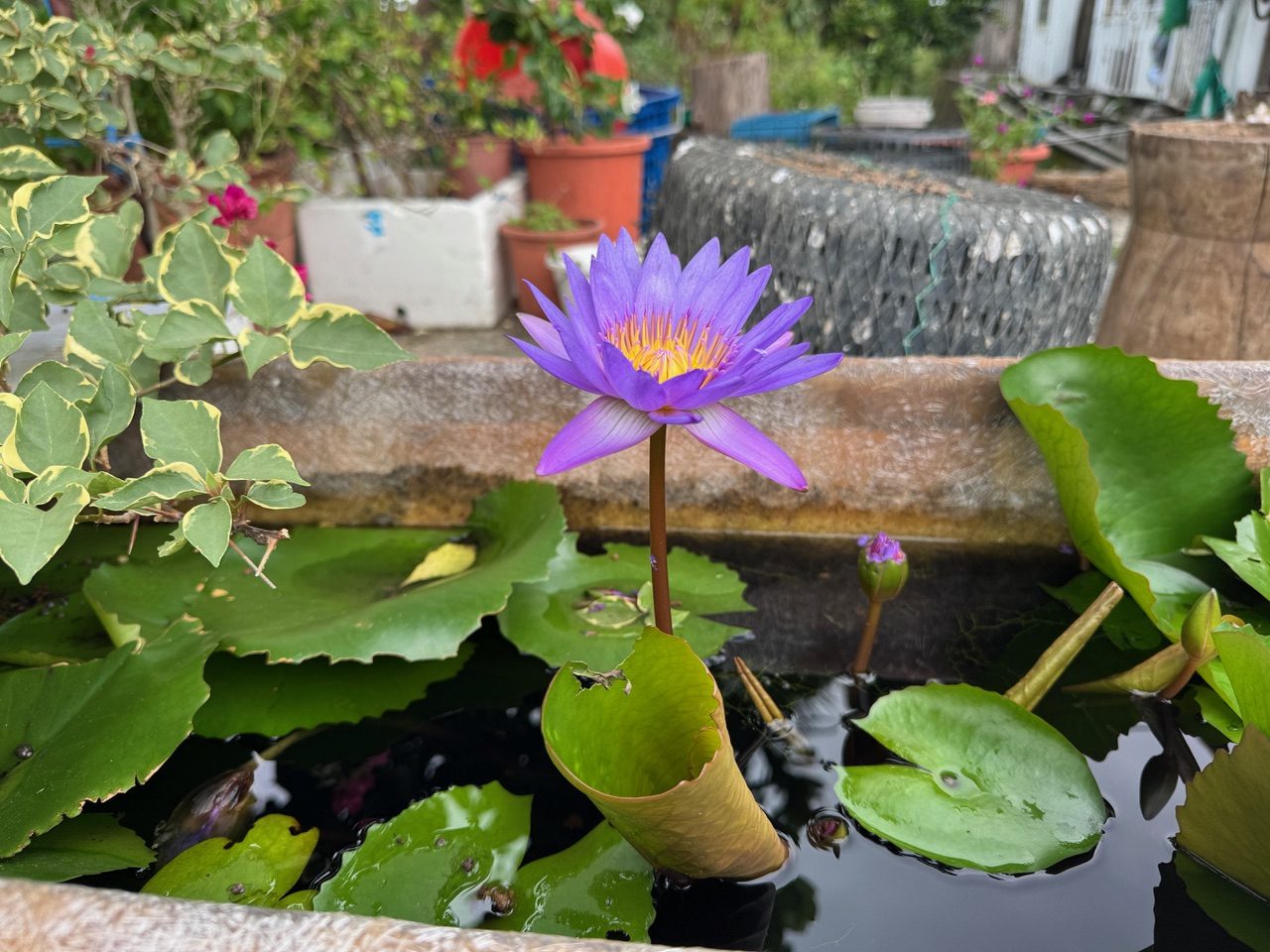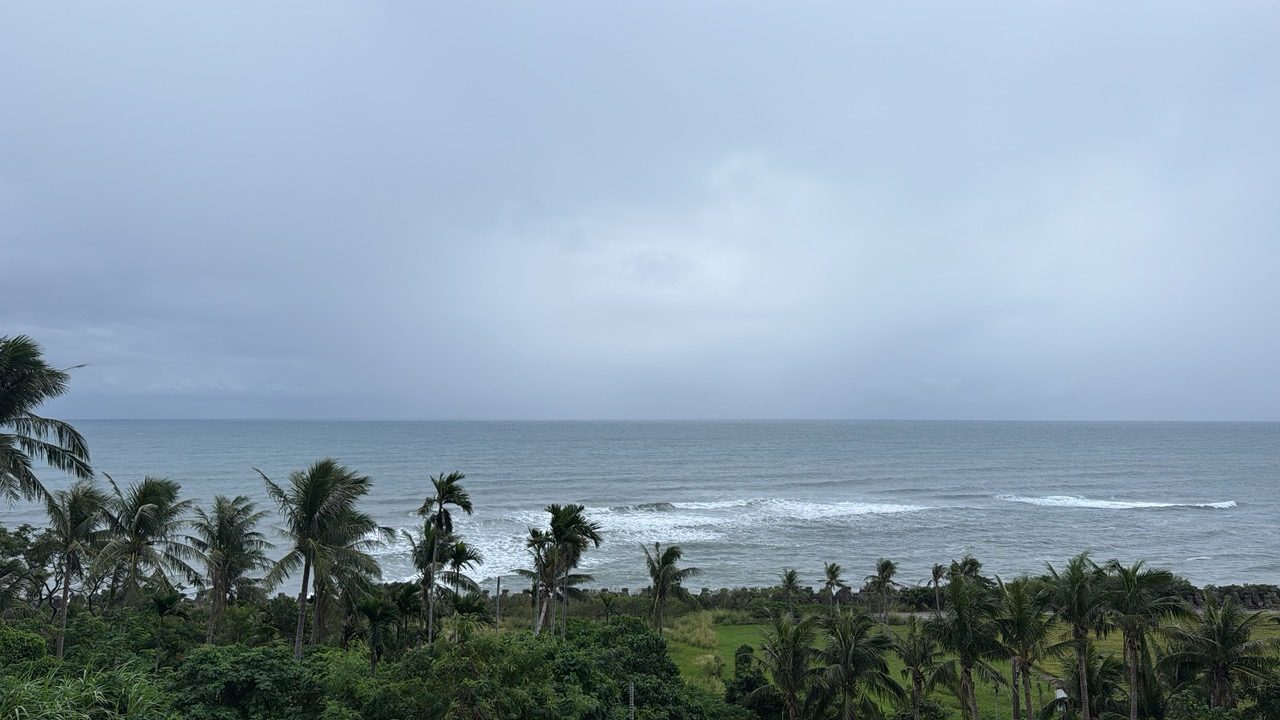A Syntropic Story from Taiwan
A 23-year-old Taiwanese from a fishing village found himself at Princeton University in 1969, dropped into a world so different from his.
A land of great wealth and technological supremacy. This young man determined he must do something for his country, which was very poor.
When Dr Shih landed at Princeton, the semiconductor industry was nascent. Kairos time was at play.
The government of Taiwan was looking for a way to become economically strong after a serious crisis. They funded the Industrial Technology Research Institute in the late seventies, which attracted the best electrical engineers. They had a licence to manufacture the silicon chips from an American company. However, they rapidly outperformed the production of their parent company.
There are many reasons for this, and many discussions of the magic sauce of Taiwan.
They had a very compelling reason. A small island nation, hollowed out by centuries of colonisation, seeking an identity. They were backed all the way by the government, something the technocrats of Silicon Valley refuse to acknowledge in their hubris to appear the risk takers.
They had little to lose. They put in the hard work. The very hard work. There was no entitlement.
The government founded TSMC in 1987, a company that would become the ninth largest company in the world and a major company behind semiconductor chip production. They remain the largest shareholders.
The government appointed Chinese American engineer Morris Chang to lead the new company. He quickly realised that rather than compete in the same playing field as the American and Japanese engineering firms, they must distinguish themselves. The path they chose was to produce chips for other companies exclusively.
Non-compete is a strong Syntropic principle. If the players are doing well, don’t get into the game, create a new game.
Kairos timing was again at play. Companies like Apple were just getting started and needed chips, but chose not to become chipmakers.
“Rule number one at TSMC is don’t compete with your customers,” Dr Shih says.
Taiwan wasn’t the innovator. Taiwan is the master of taking an existing technology and making it better and better. At being efficient. With a high work ethic.
The attempt in 2022 to bring the model to the USA failed spectacularly. The efficiencies were impossible to reproduce, the work ethic and care factor were missing, and the cost was much higher. (A little like my micro-experience of trying to get a book published through Amazon. It is for this reason that I am clear the USA has lost the race for economic hegemony.)
The silicon chip industry relies on very robust supply chains. Robust supply chains mean strong, enduring, trusted relationships. Taiwan honours these relationships in all things.
Taiwan has invested its capital back into the country.
Here are a few of the Syntropic Principles that live in this story.
- Kairos time
- Integrity is the essence of everything
- Relationships matter and are worth investing in.
- Know what you are good at. Be the best at that.
- Competition is a win-lose game
- Serve a purpose bigger than your own.
- Entitlement and hubris are entropic.
- Healthy governments take the risk for innovation and should be acknowledged for doing so. Rarely is innovation funded by the private sector.
- A healthy government invests back into the community. Unlike countries like Australia, where our ‘natural’ resources are hollowed out by our biggest companies, which also get all the profit and pay little tax, the maintenance of the government of Taiwan’s investment ensures the people benefit.
Photo Taken October 24th 2025, Article published October 24th, 2025













